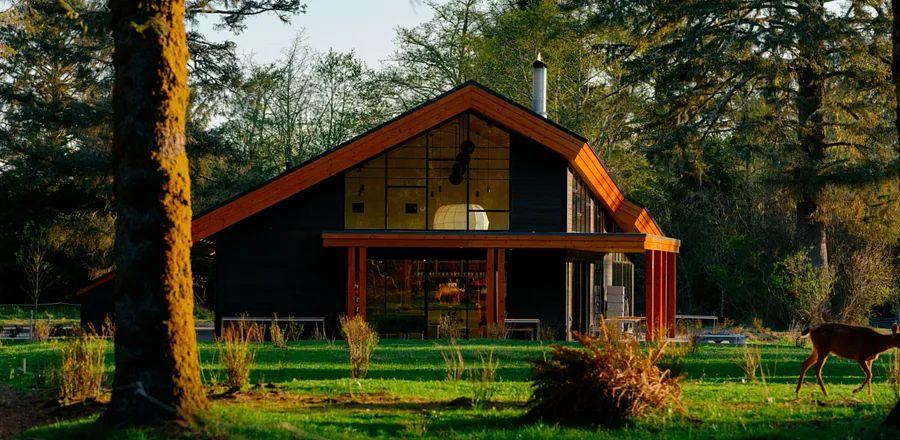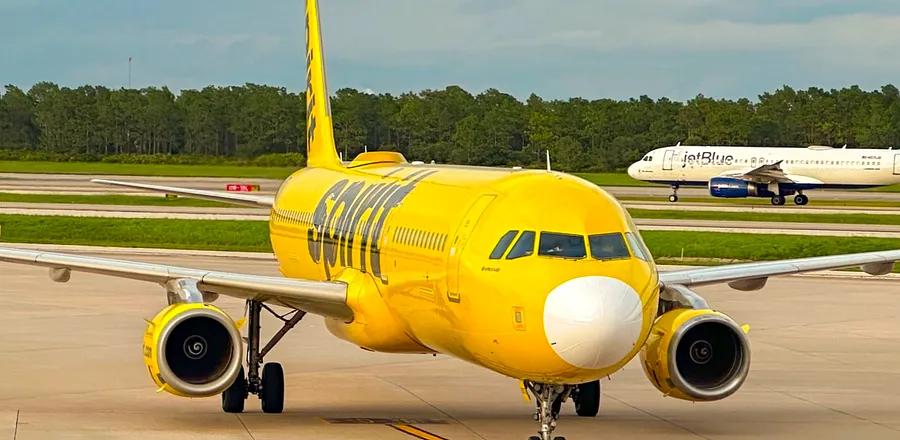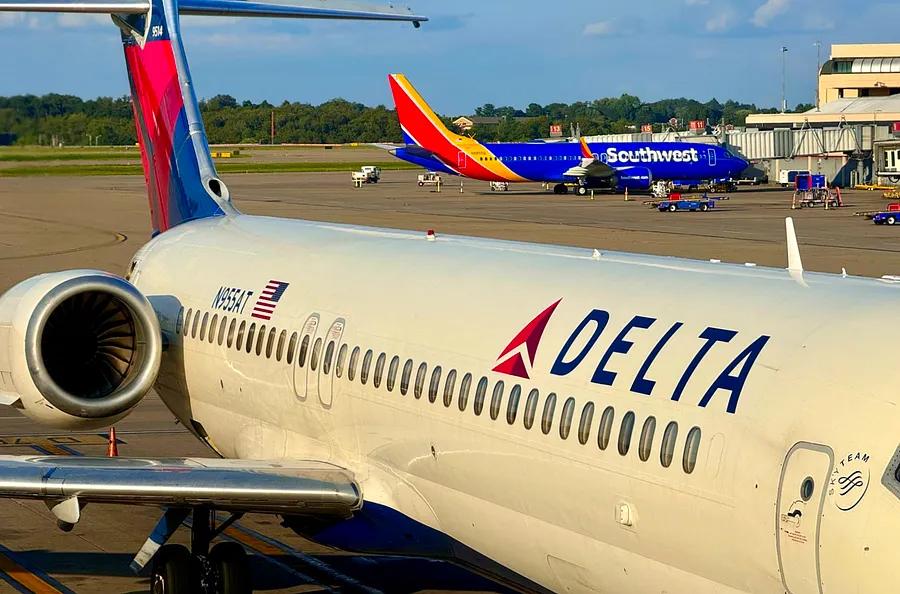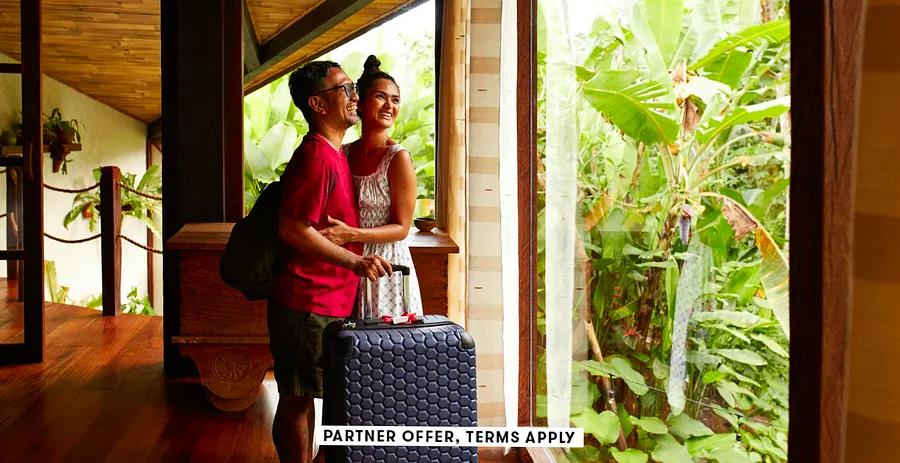A Japanese Outdoor Brand Launches Its Glamping Concept in the U.S.: Our First Impressions

Upon entering my 200-square-foot Jyubako suite at Snow Peak Campfield in Long Beach, Washington, I had only a basic understanding of the Japanese outdoor brand behind this glamping and camping haven. After two days filled with relaxation at the Ofuro Spa, I found myself eager to purchase every piece of Snow Peak gear I encountered: the titanium mugs I used for my morning coffee, the collapsible metal dripper and kettle for brewing, and the red folding chair I enjoyed while sipping coffee on my cabin's porch. I admired the titanium chopsticks and sporks, the portable firepit resembling an oversized coffee dripper, a beautifully crafted wooden cribbage board, and the Snow Peak-branded sandals.
The Setting
Founded in 1958 by Japanese mountaineer Yukio Yamai, Snow Peak operates numerous retail locations in Japan and has a flagship store just two hours away in Portland, Oregon. The brand ventured into tourism in 2011 with its first branded camping experience (Campfield) in its home prefecture of Niigata and has since expanded to several other locations across Japan. This summer, the design-focused company introduced its first North American Campfield on a former RV park site.
Located approximately three hours from Seattle, the rugged Long Beach Peninsula in southwestern Washington is famous for crabbing, razor clamming, kite flying, and beach storm-watching. Despite its stunning natural scenery (old-growth forests, lakes, marshes, sandy beaches), opening a year-round camping and glamping resort here may seem unexpected, particularly since summer temperatures average below 70°F. However, during a nationwide heatwave, I appreciated the refreshing mist that accompanied my outdoor dinner of local Dungeness crab, sourced from the nearby sustainable seafood shop Tre-Fin Day Boat Seafood and prepared on the induction burner in my Jyubako suite.

Courtesy of Snow Peak Long Beach Campfield
The Lodgings
So, what exactly is a Campfield? Snow Peak's promotional materials describe it as an extension of the brand, but I see it more as an innovative concept store. Snow Peak promotes Campfields as a way to showcase the ability of camping to reconnect individuals with nature and community—yet it also highlights how much easier and more enjoyable this can be with a $1,900 tent.
“When you see a few items on the shelf at REI, it doesn't quite convey the whole idea,” explained general manager Josh Simpson as he guided me through the space. Here, nearly every physical product campers encounter or utilize comes from Snow Peak, creating an immersive experience with a truly captivating brand.
To clarify, there’s no sales pressure involved. If you came without knowing the link, you might not realize that every tent set up, every dish in the Jyubako suites, and every firepit outside the cozy shop and gathering area are all from the same brand that runs the entire resort.

Courtesy of Snow Peak Long Beach Campfield
Using the brand’s equipment is entirely optional: There are 48 “Field Sites” available, starting at $40 a night, which are open campsites where guests must bring their own gear, just like at other camping locations. Guests can still enjoy the spacious individual showers in the bathhouse and have access to the Ofuro Spa, a charred-cedar facility featuring a hot soaking tub, a cold plunge pool, and a hinoki cypress sauna. They can also participate in various events, such as the bird-watching walk I attended on Saturday afternoon. (If they require anything else, guests can rent Snow Peak gear individually.)
The next option is a “Tent Suite,” starting at $120 a night, providing everything a camper needs except food, a sleeping bag, and a towel. Each site is fully equipped with the Land Lock tent ($1,900), which features both a sleeping area and a “living room” section. It includes tables, chairs, lanterns, cots, sleeping pads, cooking supplies, and a campfire setup, along with a battery for charging electronics. The highlight is the Iron Grill Table Kitchen Set ($600), a modular camp stove and sink that’s one of Snow Peak’s standout products. It can be configured in various ways; one of the most intricate setups is displayed in the camp store—a combination of a Snow Peak shop, gourmet mini-mart, and coffee bar.
This setup features a flat-top grill, several burners, cutting boards, dining areas, and two out of four height options. “It’s like a LEGO set for the outdoors,” quipped Simpson. I visited the camp store to purchase ice, firewood, gourmet local and Japanese snacks, and Snow Peak’s signature local beer. Primarily, I found myself returning to admire all the Snow Peak gear.
I stayed in a Jyubako suite (starting at $130 per night), designed for Snow Peak by the renowned Japanese architect Kengo Kuma, famous for projects like Tokyo’s Olympic stadium and the Ace Hotel Kyoto. The compact kitchenette includes a two-burner induction stove and sink, while the platform queen-size bed, air conditioning, and private bathroom provide modern comforts. Numerous windows and sliding doors—one positioned towards the couch (Snow Peak’s $970 modular futon)—facilitate easy access to the suite's outdoor area, enhancing the camping experience.

The overall experience
On Friday night, the camp featured live music, but I chose to skip it for a visit to the Ofuro, which guests can reserve for two-hour slots each day. The last session of the evening (7 to 9 p.m.) is reserved for adults and can get a bit lively on a fully booked summer night. I returned on Sunday morning for the first session of the day (9 to 11 a.m.) and found myself alone in the hot soaking tub, overlooking a grassy area toward the pond. Nearby, the spacious sauna provides just the right warmth for a refreshing dip in the cold plunge pool.
Deep within my mind, the subtle marketing message resonated: I relaxed my troubles away at the spa while enjoying nature, thanks to the tangible products that made it effortless. With the tent suites, travelers can camp without hauling three suitcases of gear on a plane; larger groups with varying camping equipment can easily come together.
It might seem paradoxical to call a brand selling the “Jumbo Camping Bucket” I used to store my gear at the spa for $70 a model of accessibility, but the Campfield manages to attract even casual outdoor enthusiasts. I don’t camp in the rain enough to justify spending $550 on a flame-proof tarp for my campfire, yet I can still relish high-quality comfort for a weekend.

1

2

3

4

5
Evaluation :
5/5